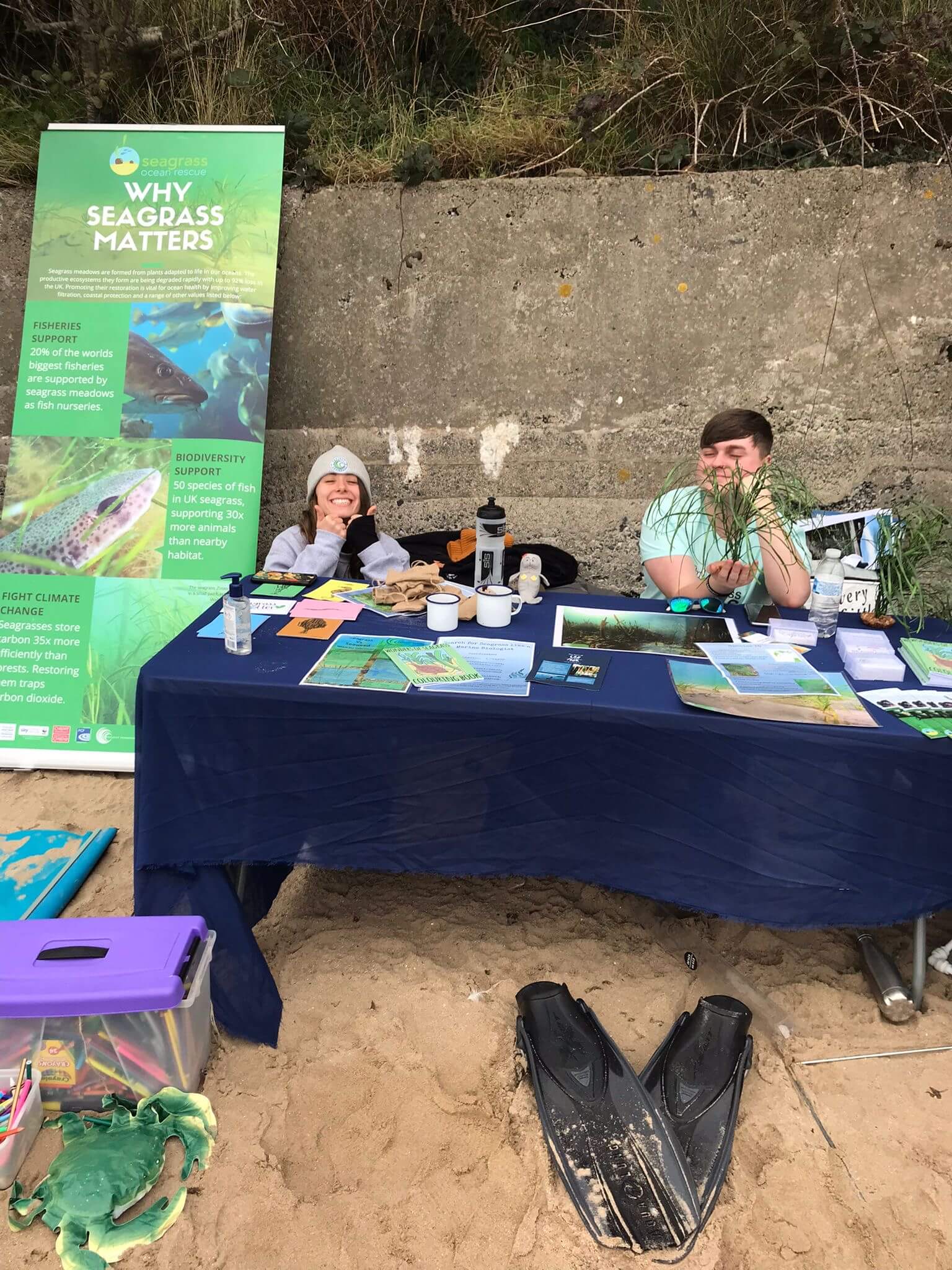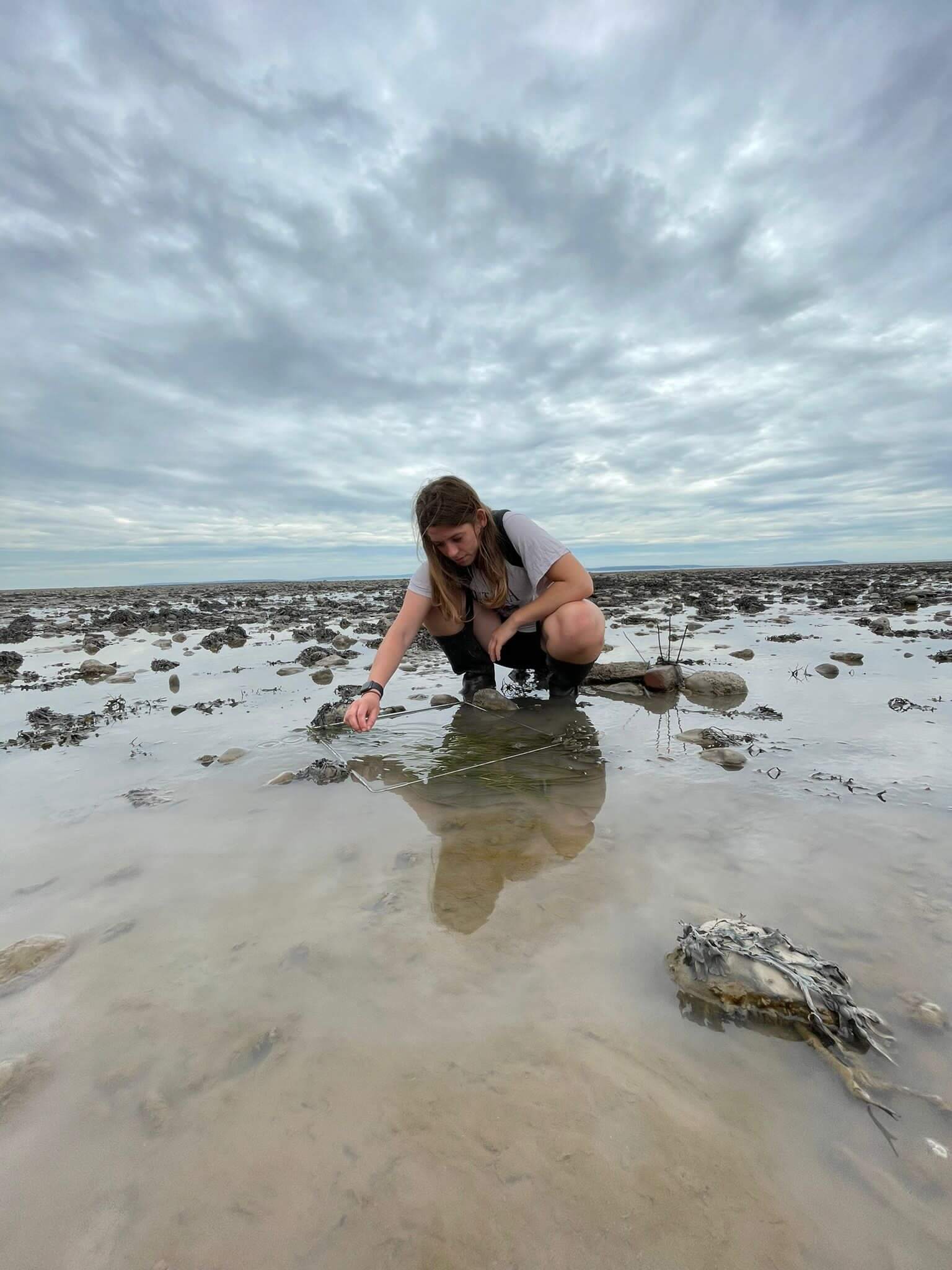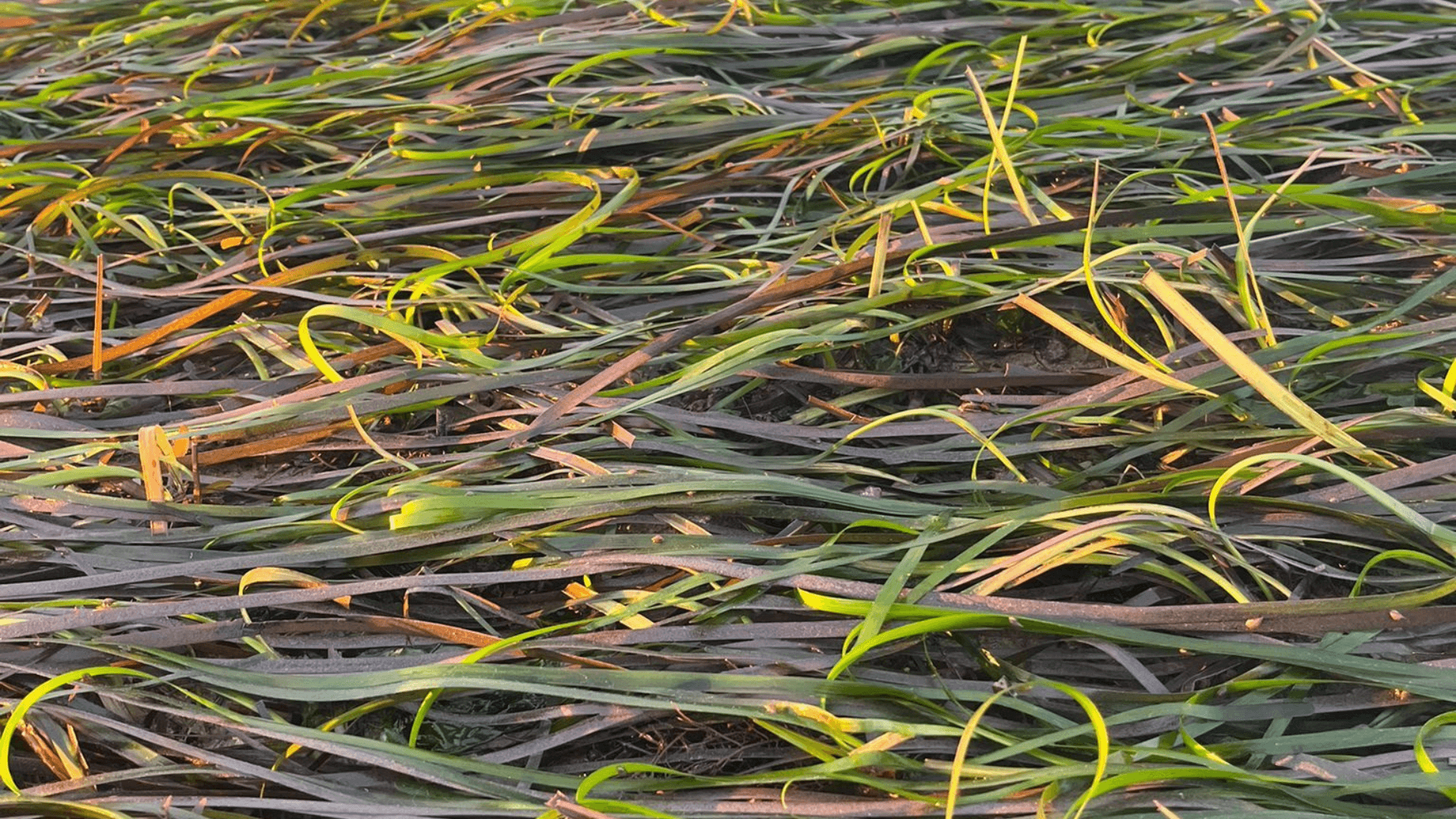During the 2021-22 academic year Project Seagrass welcomed Ellie Postlethwaite to undertake an internship.
In our Q&A, Ellie shares her experiences of her internship with Project Seagrass and discusses what she has gone on to do next.
Who/What inspired you to apply for an internship at Project Seagrass?
As a terrestrial biologist I had actually never heard of seagrass before! My initial placement year was cancelled due to Covid restrictions and I was looking through placements that previous Cardiff University Biology students had undertaken and came across Project Seagrass. After a little bit of research I realised just how important seagrass was and instantly found it super fascinating. I found the ecosystem services that seagrass provides so interesting during my studies and realised this was the perfect placement for me, so applied and got the position.
What have you been up to following your internship with Project Seagrass?
Since completing my internship with Project Seagrass I completed my degree in Biological Sciences at Cardiff University with a 1st class. Upon graduating I started an Ecology and Environment graduate scheme with RSK, spending time in UK ecology and International Biodiversity. My year placement a Project Seagrass definitely helped me to get on this scheme, having first hand experience set me above many other candidates. However I am still truly obsessed with seagrass, whenever I am near the beach I’m on the look out for seagrass and love to stay up to date with the latest research.


Reflecting on your time with Project Seagrass, what were the main skills you developed during your internship?
I have to say the main skills I developed during my year with Project Seagrass was research and fieldwork. Having the chance to conduct my own mini research project, looking at why a small meadow of seagrass persists and isn’t expanding within Cardiff Bay gave me skills from project management, to organisation and planning. It allowed me creativity to develop my own set of questions and work out the best methodology to answer these questions. Also having the opportunity to go on several fieldworks during the year expanded my skills of problem solving, resilience and a much deeper understanding of science. Furthermore, during my placement my science communication skills were enhanced, from posting on Project Seagrass’ social media accounts, to running stalls at events as well as leading workshops to secondary school ages children. These experiences not only opened my eyes to science communication but helped develop my skills in presenting, being engaging, and confidence.
What was the highlight of your internship experience with Project Seagrass?
The highlight of my time at Project Seagrass was just the amount I got to be involved with and having the most incredible and supportive team around me. From fieldwork in the Isle of Weight to up in Orkney, I was surrounded by people fueling me with knowledge, support and skills. Some of the top highlights though have to be helping construct the first UK seagrass nursery, collecting seeds for the Seagrass Ocean Rescue program and getting to run my own project.
What advice would you give to people looking to pursue a career in the marine conservation sector?
My advice for anyone looking to pursue a career in marine conservation is experience and enthusiasm. As much as a degree helps you gain the basic understanding, getting hands on experience gives you so many more skills than a degree can ever teach you. Getting in touch with your local marine biology groups (Facebook is a good place to find these), the wildlife trust or many companies now offer summer internships which you can often get subsidies through your university. Experience such as diving and on boats is also valuable experience for marine conservation careers. Being enthusiastic is invaluable, showing passion and excitement is one of the best skills you can have.






